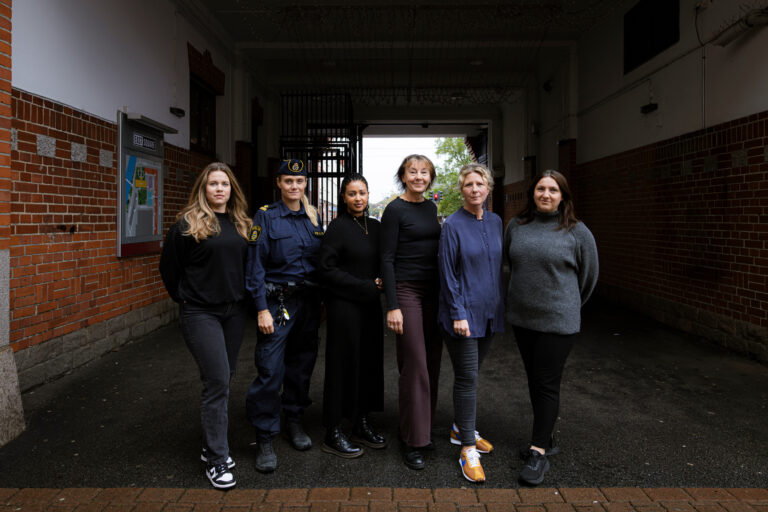Kalender / Övre Norrland
14 januari
Välkommen att diskutera er projektidé i Västerbotten
Kalender / Alla regioner
16 januari
Så gör du en ESF+ ansökan
Visa alla nyheter

